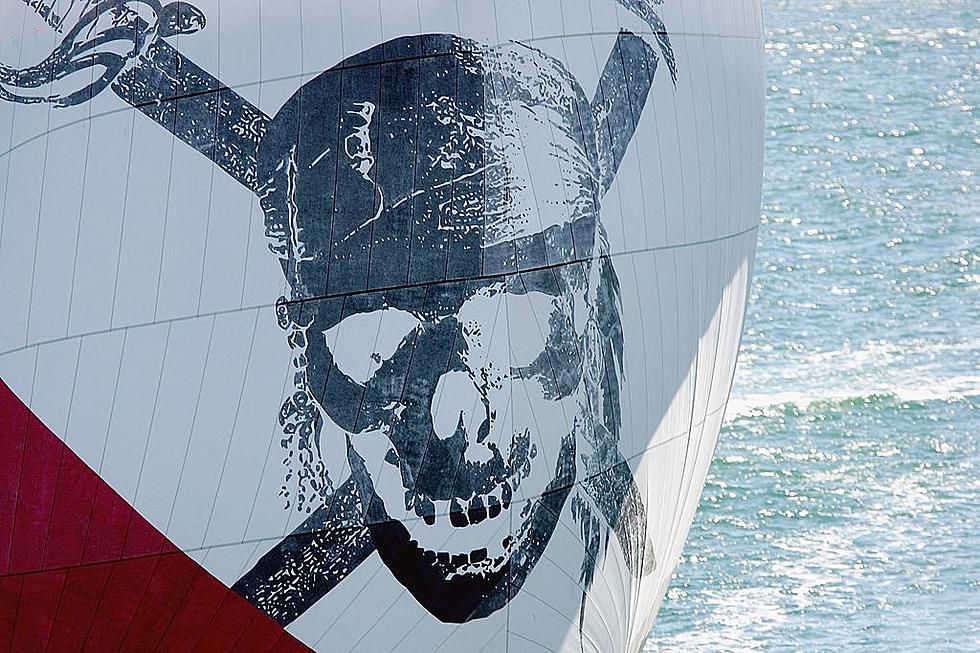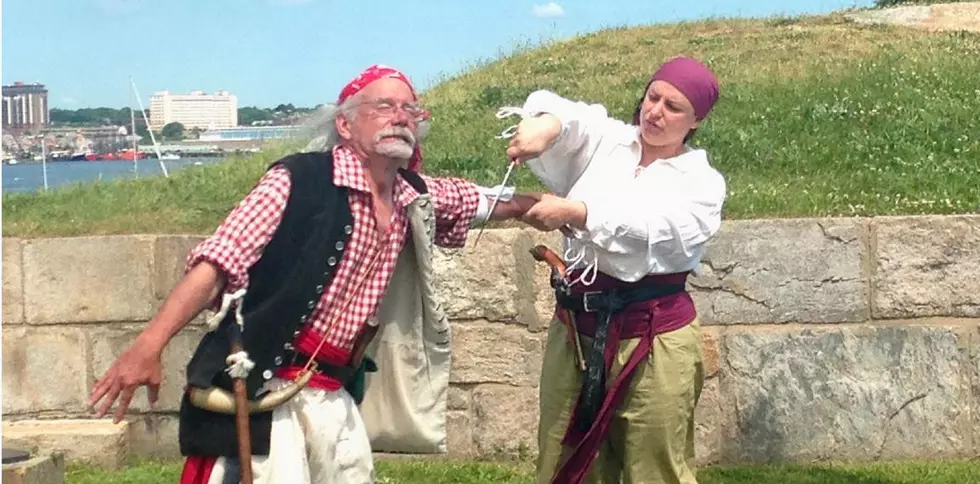
Massachusetts Likely Still Holds Troves of Buried Pirate Treasure
It's no secret that Massachusetts people are seafaring people, but through the years, not all have been honorable. For example, Massachusetts played a prominent role in the triangular slave trade.
Mass.gov says, "It is generally agreed that African slaves first arrived in Massachusetts in the 1630s, and slavery was legally sanctioned in 1640." The site says, "Massachusetts actively participated in the slave trade."
Slave ships made Massachusetts a regular port of call.
Slave traders were not the only seafaring villains to troll the waters of Massachusetts. There were pirates, too.
The New England Pirate Museum says, "Notorious pirate captains, such as Kidd, Blackbeard, Bellamy, and Quelch, roamed the waters off Boston's North Shore, known as the Gold Coast, while so-called witches were being hanged in Salem."
The site says, "Most 17th and 18th Century pirates were, in fact, New Englanders and New Yorkers, with gold and silver from Central America and merchandise from Europe."
According to the New England Pirate Museum, "Many buried their ill-gotten treasures offshore on the islands that dot our coast, and much of it is still there, just waiting to be dug up."
TreasureSeekr.com claims there are "18 lost treasures of Massachusetts" in locations ranging from the woods of Dalton to Chappaquiddick Island off Martha's Vineyard. The site says the goodies left behind by pirates include a cache of gold bullion, "a treasure chest filled with silver and gold coins," and "three wagonloads of valuables."
History of Massachusetts.org says Captain Kidd "often buried his treasure on islands or remote locations to keep it safe."

Should you find buried treasure, can you keep it? According to a 2020 article by Fox Business, "The law of 'treasure trove' holds that property that is considered precious and is hidden with no proof of its former ownership belongs to the finder."
And yes, you can be taxed on your discovery.
‘Pirates of the Caribbean’ Private Island for Sale
FOR SALE: Feast Yer Eyes on This Pirate Ship
More From WFHN-FM/FUN 107









